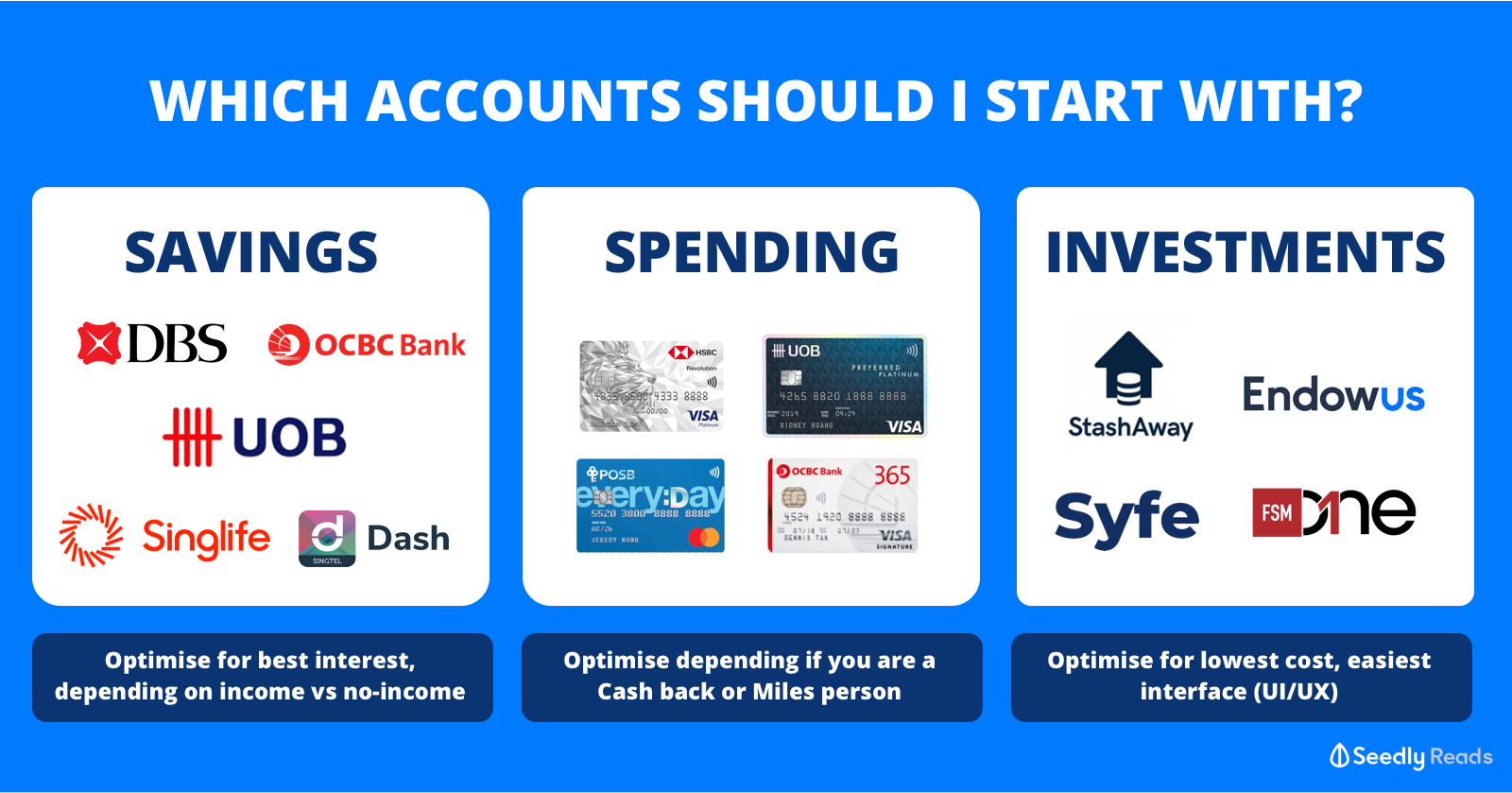Advertisement
Anonymous
When it comes to investing, how much fees are considered too expensive? What should be the benchmark fees (eg, transaction fees, platform fees, fund manager fees, etc)?
There are a few senarios I presume. Whether is it DIY investing or Roboinvesting or through insurance companies' investing means, what should be an acceptance % of fees you should be paying?
3
Discussion (3)
Learn how to style your text
Pang Zhe Liang
02 May 2020
Lead of Research & Solutions at Havend Pte Ltd
Reply
Save
Super-important question!
#1 trading fees: these are continously going down, some brokers in the U.S. for american stocks/ETFs charge already nothing (0.00 USD), like TD Ameritrade. However 30% taxes on dividends (not capital gains) are withheld.
From a practical point the Singapore mainstream online brokers like POEMS or FSMOne charge also acceptably low commission fees, particularly with cash accounts like 0.12 - 0.18%, which is completely o.k.
#account maintenance/paper statement fees: there is more variety to that depending on the broker. In absolute terms these fees should not be higher than ca 200 SGD per year for large portfolios. The best thing would be to have a ceiling to the absolute fee. On a relative base I think it should not exceed 0.2% per year.
#mutual fund (unit trust) fees: these are a real problem, add the fact that most of the mutual fund managers contrary to popular belief do not beat the market (index) as evidenced by robust studies.
On average You overpay for underperformance. Even those active managers who were successful during one observation period were not successful after on, also evidenced by studies.
These unit trusts still often have annual fees (measured as TER) of 1.0 - 2.5%. When passive indexing stock ETFs have a TER from 0.07 to acceptable 0.30%. Some of my technology sector ETFs take up to 0.80%, which for me is still acceptable, but actually must be seen as already too high.
Also always calculate in the annual inflation rate when net performance is what counts in the end. These 1-2.5% annual fees of unit trusts seem small, but they add up to huge losses over long term like up to several hundred thousand dollars over an investment period of 25-30% years. Some unit trust nowadays even still charge an initial "sales charge" on buying that can reach 5%! quite unbelievable. Better stay with large & cheap passive indexing stock ETFs.
more on what not to do in investing, here:
Reply
Save
Ideally, less than 0.5% for me, at most up to 1%...
Read 1 other comments with a Seedly account
You will also enjoy exclusive benefits and get access to members only features.
Sign up or login with an email here
Write your thoughts
Related Articles
Related Posts
Related Posts
Advertisement








Different platforms charge different fees for different reasons. Across platforms, it may be reasonable to based it on net returns.
Example: Compare net return from Platform A against Platform B
For similar platforms, we will look into the fees to know whether it is justifiable to invest.
Example: Compare fee of unit trust from Insurance Company A vs fee of unit trust from Insurance Company B
At the end of the day, net returns matter most since that will be the cash in your pocket.
I share quality content on estate planning and financial planning here.